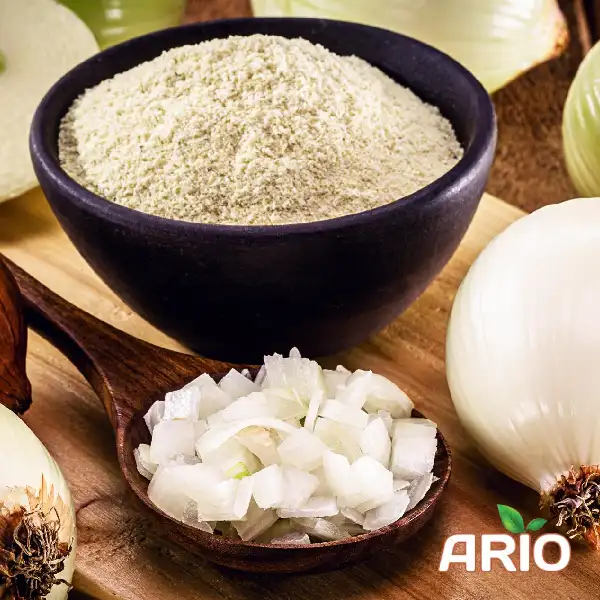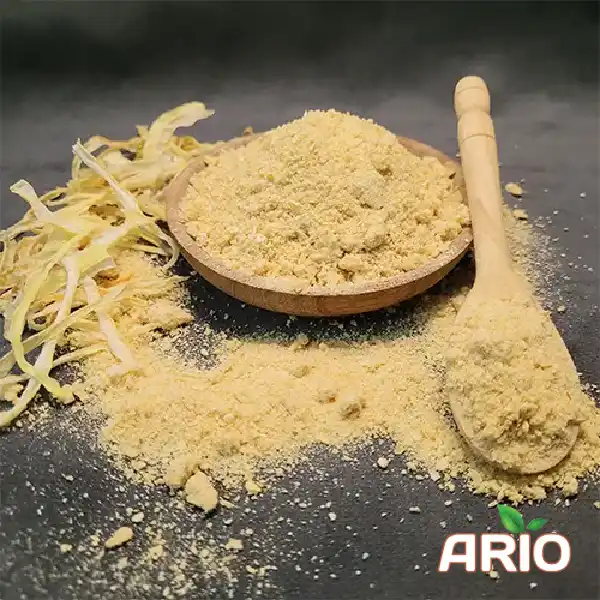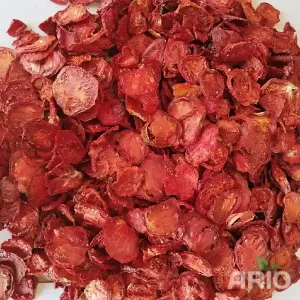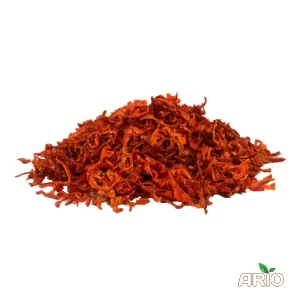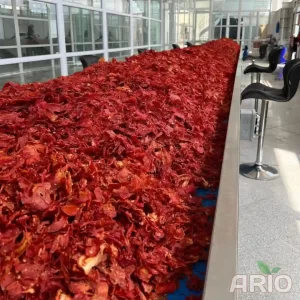Onion Powder: Your Essential Guide to Bulk Purchase, Use, and Trade
In a global market that increasingly values convenience and longevity in food products, onion powder has become a vital ingredient across industries. Whether you are sourcing for bulk import, looking to enter the food production market, or aiming to optimize your supply chain, understanding the full scope of onion powder provides a significant competitive advantage. This guide walks you through its applications, production, trade essentials, and market trends — delivering insights that support smarter decisions and profitable partnerships.
Why Onion Powder Dominates the Food Industry
Imagine replacing bulky, perishable onions with a lightweight, highly concentrated powder that carries the same flavor profile. onion powder, produced through a dehydration process that retains most of the original nutrients, offers this solution. Its wide-ranging applications stretch beyond kitchens into pharmaceuticals, cosmetics, and even pet food production.
According to Verified Market Reports, the global onion powder market is expected to witness substantial growth by 2030, driven by the increasing demand for ready-to-eat foods and long-shelf-life products.
How Onion Powder is Produced and Classified
The production of onion powder begins with carefully selected onions that are cleaned, sliced, dehydrated, and then ground into a fine powder. This process not only extends the shelf life but also intensifies the flavor.
Several varieties exist:
- White Onion Powder is known for its sweet, mild taste.
- Red Onion Powder offers a slightly stronger, sharper flavor.
- Toasted Onion Powder delivers a rich, roasted profile ideal for seasoning blends.
Choosing the right type depends largely on the intended application and flavor profile required.
Visit the blue link to see detailed information about our dried onion products.
Top Industries and Applications of Onion Powder
The use of onion powder is not confined to culinary practices alone. It finds its way into multiple industries:
Food Manufacturing
Onion powder is a staple in soups, sauces, snack seasonings, and ready-to-eat meals.
Spice Blends and Seasoning Production
Manufacturers use it to create consistent, long-lasting spice mixes that appeal to diverse taste preferences.
Pharmaceuticals and Nutraceuticals
Due to its antioxidant and antimicrobial properties, onion powder is incorporated into supplements.
Cosmetic Formulations
Some skincare products leverage onion extracts for their potential anti-inflammatory effects.
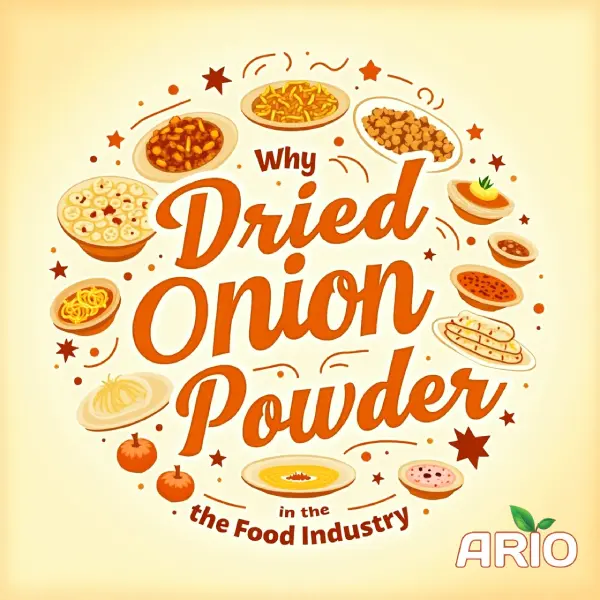
Global Market Outlook and Trends
The global market for onion powder is growing steadily. Research by DataIntelo highlights an expected Compound Annual Growth Rate (CAGR) of around 4.5% through 2032. North America currently dominates the market, but rising demand in the Middle East and Asia-Pacific regions signifies promising opportunities for exporters.
Shifting consumer behavior toward healthier eating habits and the convenience of powdered foods fuels this demand. Importers and exporters must stay ahead of these trends to maximize profitability.
Essential Import and Export Guidelines for Bulk Onion Powder
International trade in onion powder requires adherence to specific regulations:
Certifications and Standards
Certifications such as ISO 22000, HACCP, and USDA Organic are often required to gain access to international markets.
Tariff Classifications and Taxes
Harmonized System (HS) codes for onion powder must be accurately applied to avoid legal complications.
Logistics and Storage Considerations
Shipments must be stored in cool, dry containers to maintain quality during transit. Shelf life typically ranges between 18 and 24 months under proper conditions.
Understanding and complying with these standards streamlines customs clearance and minimizes the risk of product degradation.
Key Factors When Choosing a Bulk Supplier
Selecting the right supplier determines product quality, cost efficiency, and supply chain reliability. Focus on these factors:
Quality Assurance
Confirm supplier certifications and conduct sample testing for flavor, color, and moisture content.
Pricing and Minimum Order Quantities
Negotiate contracts that balance competitive pricing with manageable order sizes.
Reputation and Reliability
Look for reviews, references, and history in meeting delivery schedules without quality compromise.
Working with reputable suppliers from trusted agricultural regions such as Iran, India, and Egypt can offer cost benefits without sacrificing quality.
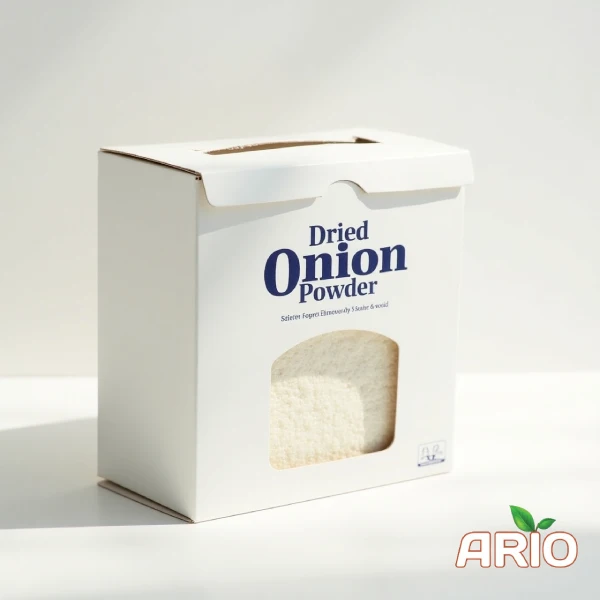
Proper Storage and Shelf Life Considerations
Maintaining the integrity of dried onion powder involves careful storage:
- Store in airtight containers away from light, heat, and moisture.
- Keep at stable, cool temperatures to prevent clumping and flavor loss.
- Rotate stock regularly to ensure the oldest batches are used first.
A well-managed inventory system extends usability and preserves profitability.
Nutritional Value and Health Advantages
Onion powder retains many of the nutritional benefits found in fresh onions. It is rich in antioxidants like quercetin, as well as essential minerals including potassium, iron, and calcium. Research published in the Journal of Food Science and Technology confirms its antimicrobial properties, adding functional value beyond flavor.
Compared to fresh onions, the concentrated nature of the powder also delivers enhanced health benefits per gram, making it a practical choice for nutritional supplementation in food products.
Frequently Asked Questions About Onion Powder
It is used in food production, pharmaceuticals, cosmetics, and seasoning blends.
It is created by slicing, dehydrating, and grinding fresh onions into a fine powder.
It typically lasts 18 to 24 months if stored properly.
Reliable sources include specialized agricultural exporters from regions like Iran, India, and Egypt.
Minimal nutrient loss occurs, especially in fiber and minerals.
Cool, dry, airtight packaging is essential for maintaining quality during shipping.

